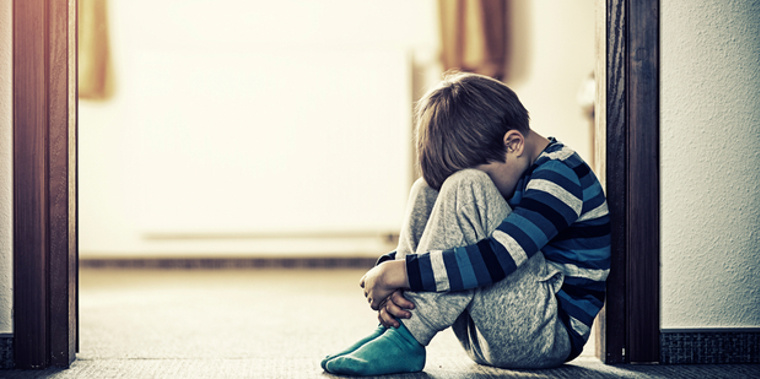
A thank you, first of all, to the many who got in touch with me yesterday after I spoke about the toddler in the A and E department at the weekend. Many of your offered advice, support or wanted to engage about the growing beast that is child poverty in this country.
I wrote about a mother who was seeking help for trauma to her shoulder. She was coming down off something, possibly P, and mumbled something about falling down the stairs. More likely, I thought, she was possibly a victim of domestic violence.
She had two children with her -- a child aged around 12 or 13, and a toddler. The toddler had blood on its face, arm and leg and was filthy. Matted hair. A nappy that desperately needed changing. Hospital staff didn't see the toddler. It was the mother who was there for treatment, and so I spoke to a nurse about the little boy who was out of sight, sitting in a children's play area.
The nurse said they would make sure they looked at the toddler, but then the mother grew more and more agitated and eventually left before she was seen, and took the child with her.
I went to the police station, and I've given them all the information I can -- and they say they'll follow it up and check on the child.
But some of the messages and emails I've received in the last 24 hours have said this is not a case of child poverty -- it's child neglect and child abuse, and that no amount of money would change this. And I take your point.
However, the definition of child poverty is not simply a child who's parents are living below the bread line.
I always revert to UNICEF's definition of child poverty -- it's a child who is living in an environment that is damaging to their mental, physical, emotional or spiritual development. It's not poverty in the traditional sense of the word. One of the triggers of child poverty is low household income, but there are many triggers that lead to a poverty-stricken childhood.
Mental health issues. The P epidemic and substance abuse. The housing crisis. Long-term welfare dependency. Our gang culture. Poor education outcomes. Poor health outcomes. Growing inequality. Prejudice. And so it goes on.
And it is wrong, too, to suggest that child poverty is typically the result of bad parenting. That's not the case either.
There are many brilliant, loving parents in this country who simply cannot provide the material resources their children need to sustain a healthy, fulfilling childhood.
The latest Child Poverty Monitor Report released two months ago identified 155,000 children as living in poverty. That's the official figure. I would say the true figure is much higher.
And in all of this, we need to remind ourselves that it is never the child's fault.
To do nothing is no longer an option.
This is an affluent country. It's politically and economically stable.
We can afford to do better. A lot better.
How right Mahatma Gandhi was when he said "the true measure of any society can be found in how it treats it most vulnerable members".
When it comes to child poverty we need to act now, and we need to intervene.
Take your Radio, Podcasts and Music with you









